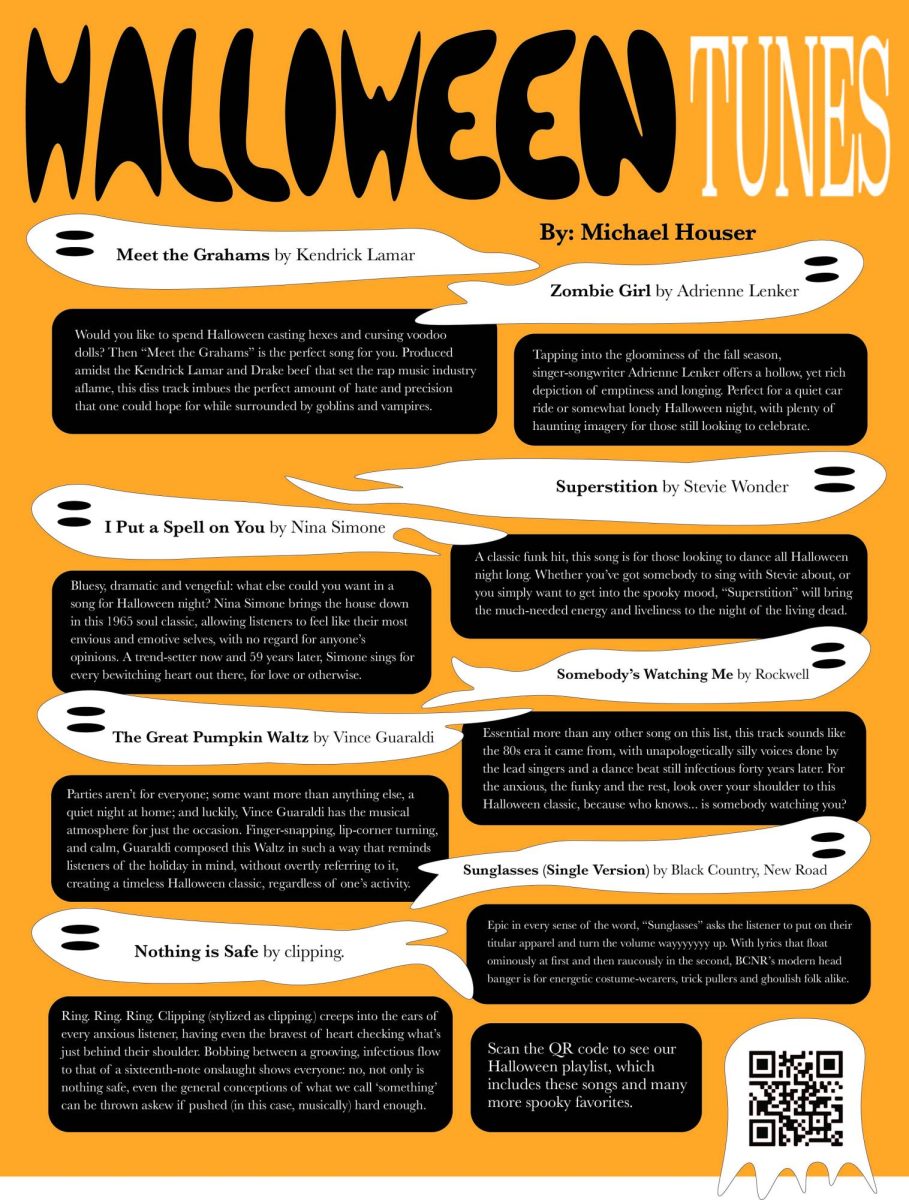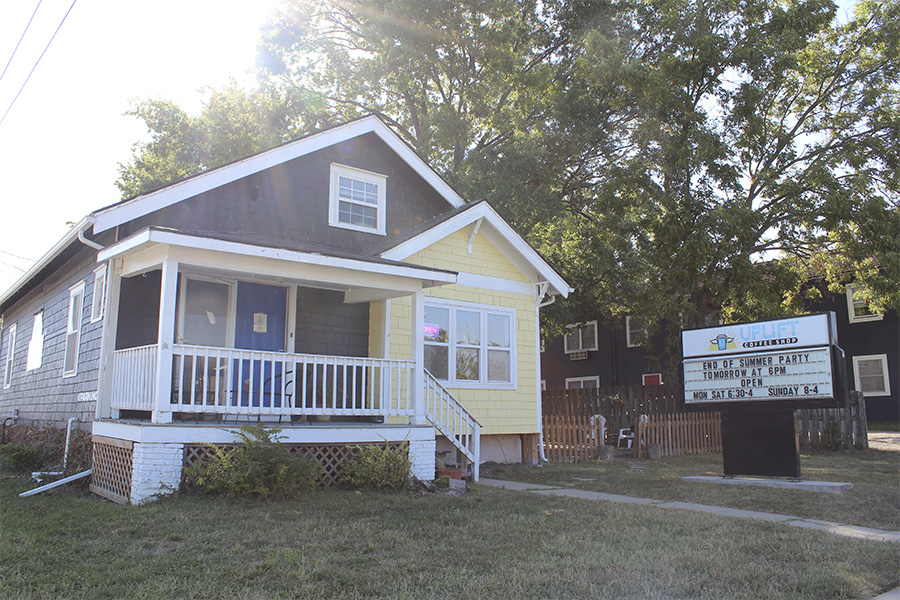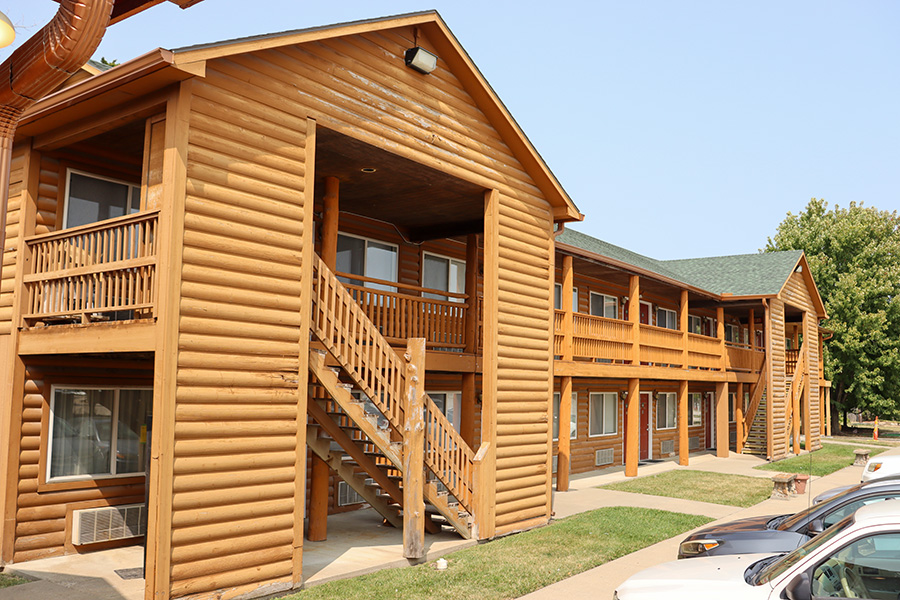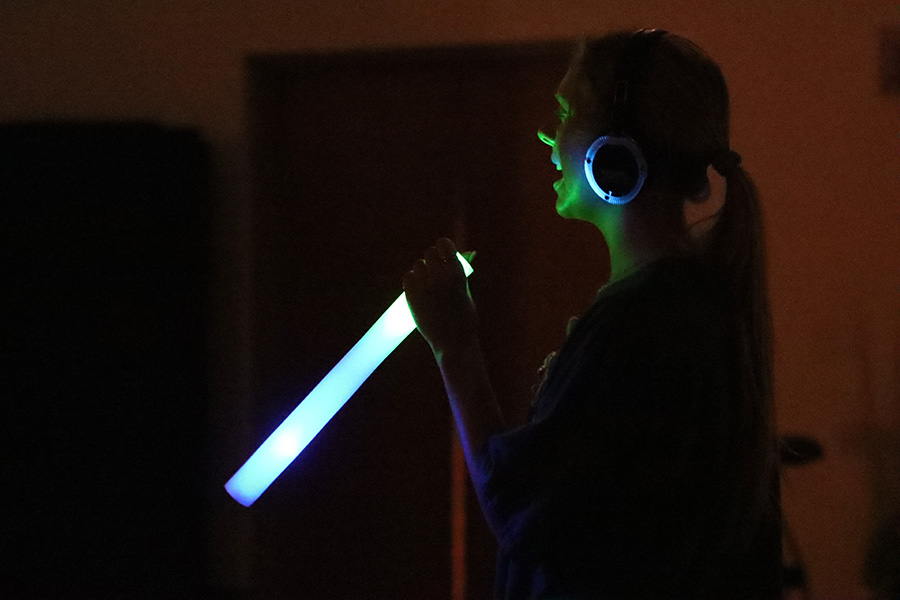I hate extreme temperatures.
They’re uncomfortable and inconvenient. And I’m especially sensitive to the cold.
Ever since the cold weather set in about a month ago and my roommates and I were reminded with chills that we had absolutely NO control over our thermostat, I’ve found myself picking up some odd habits.
For example, I never knew taking a near-scalding hot shower might be not quite warm enough until the last few weeks.
Also, I never thought that, in the comfort of my own home, I would ever need to wear three layers of clothes, but sure enough, earlier this week, I tucked myself into bed under three extra blankets wearing three pairs of sweat pants, a short-sleeved T-shirt, a long sleeved T-shirt and a hoodie.
What makes things worse is that when I wake up cold, I spend the rest of the day trying to warm up, so when my classrooms are cold, as well as the cold outside weather, I feel as if I’m never again going to be warm.
And all because, in order to save energy and money, the university decided to cap the heater at the Horn and Markham apartments at 68 degrees.
Trust me, I’m all about saving energy and money, two things that recently have become extremely important. But there comes a time when the university has to weigh the costs of saving money through leaving the heat off.
First of all, what is saved in heating and cooling bills most likely is offset by the extra laundry I’ve ended up doing after bundling up for bed.
My footprint left on the environment probably hasn’t shrunk either, if you consider the fact that I’ve gone through an entire box of Kleenex with this gnarly cold that won’t go away. I’m sure the fact that my bedroom is like a walk-in refrigerator hasn’t helped that.
It seems like lately, the school is more than ready to add to the large fee students already pay to attend. From living in an icebox to paying $20 a night to stay in the residence halls over break, it seems as if the university is asking its $20,000-plus per year customers to pay an even larger price.
Instead of placing the university’s financial burdens on students, who already are up to their ears in debt, ways exist to save money that don’t involve students paying extra.
First off, many of my professors don’t care for e-mailed copies of homework. A lot of times, this is understandable. I wouldn’t want to try to grade a 20-page electronic paper. While the easiest possible solution would be to assign shorter papers, it’s not going to happen.
But one resource Baker does have that might be better, if more teachers utilized it, is Blackboard. Tests that usually are distributed on paper could be easily administered on this site. A large number of assignments could be distributed and graded online.
How about replacing every single incandescent light bulb on campus with compact fluorescent bulbs? Many have been changed already, but several still are in my room that could be replaced. I’m sure more can be found on campus.
Personally, I’d rather sit in a classroom with no other lighting than natural light than wear layers upon layers of clothes around my apartment.
It’s great to see how many ways Baker is trying to cut back on energy use. The recycling program, the trayless cafeteria, and even this new energy policy are a good start to cutting back.
But students shouldn’t have to pay anymore, be it money or otherwise, to help the school save money. Baker should explore more ways of saving energy that don’t involve playing freeze-out with the students.






